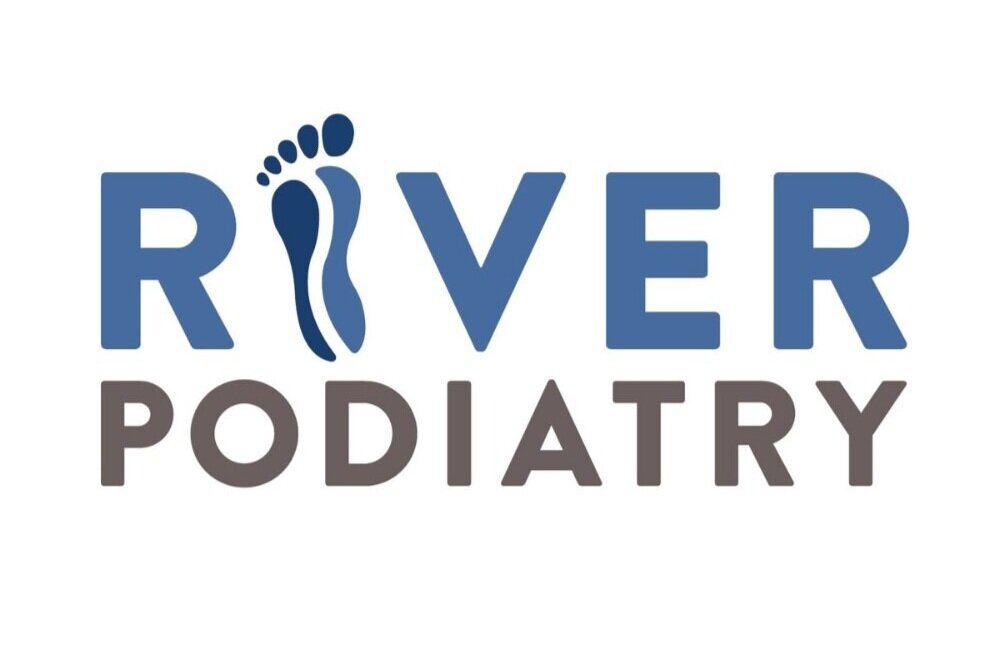OUR ROUTINE FOOT EXAMINATION FOR PATIENTS WITH DIABETES
If you’re suffering from type 1 diabetes or type 2 diabetes, regular foot examinations are a critical component to your overall health. When I see patients with diabetes I give them a 4 part foot examination including questions about their general foot history, a physical examination, a neurological examination, and a circulation examination. Here is what you can expect during each part of the exam.
Questions About Your General Foot History
I will want to get a sense of the kinds of foot problems and challenges you have faced in the past. I will ask questions such as:
Have you experienced any recent pain or problems in your feet?
Do your feet tingle, itch, feel, numb, feel abnormally cold or hot, or sweat profusely?
Do you have difficulty walking or standing for extended periods?
Are you using any foot creams or medications for ulcers, sores or other foot problems?
Do you smoke?
Physical Examination
Next, I will perform a general inspection of your feet looking for any abnormalities in appearance. I will be looking for both dermatological changes and deeper changes in your foot’s bone structure.
Dermatological abnormalities may include:
Discoloration
Thickened skin
Cracking
Dryness
Sweating
Calluses
Blisters
Ulcers
Musculoskeletal abnormalities may include:
Hammertoes
Claw Toes
Charcot’s foot, a serious condition in which the foot becomes red and swollen due to bone dislocations in the foot or ankle
Neurological Examination
In my experience nerve damage is common in patients with diabetes. I typically use a number of techniques to gauge the nerve function of your feet. These test might include:
Monofilament test: During this test, I will press a thin, flexible instrument against different areas of your foot; patients with nerve damage may not be able to feel the light pressure
Ankle reflexes: I will have you rest on the exam table and use a tendon hammer to gently strike your ankle and test for reflexes
Vibration testing: During this test, I will use a tuning fork to gauge your ability to detect vibrations in the foot
Pinprick tests: I will stick a small disposal pin into the foot to determine your ability to perceive the prick
Circulation Examination
Depending on your symptoms I may also choose to conduct a circulation test on your feet to asses their blood flow. I will check for a pulse in your feet, or use an Ankle-Brachial Index (ABI) test. An ABI test involves taking your blood pressure in your arms and ankles and compare the readings.
If you’re suffering from diabetes and you noticed any changes in your feet please call my office and make an appointment at your earliest convenience. In my experience, early detection of injuries, infections, nerve damage, and circulation problems can be critical in helping you prevent and treat further diabetes-related foot problems.
If your diabetes is affecting your feet there could be serious life-altering complications. If you notice tingling or any of the changes listed above please give my office a call today to make an appointment. Early intervention is key to preventing serious damage to your feet.
River Podiatry, with locations in Pearl River NY, and Midland Park NJ, provides comprehensive, treatment of patients with podiatric issues. The practice specializes in foot surgery and the treatment of diabetic foot ulcers. Expect the best possible care utilizing the most modern techniques. Make an appointment today with Rockland County and Bergen County podiatrist Dr. Han!

